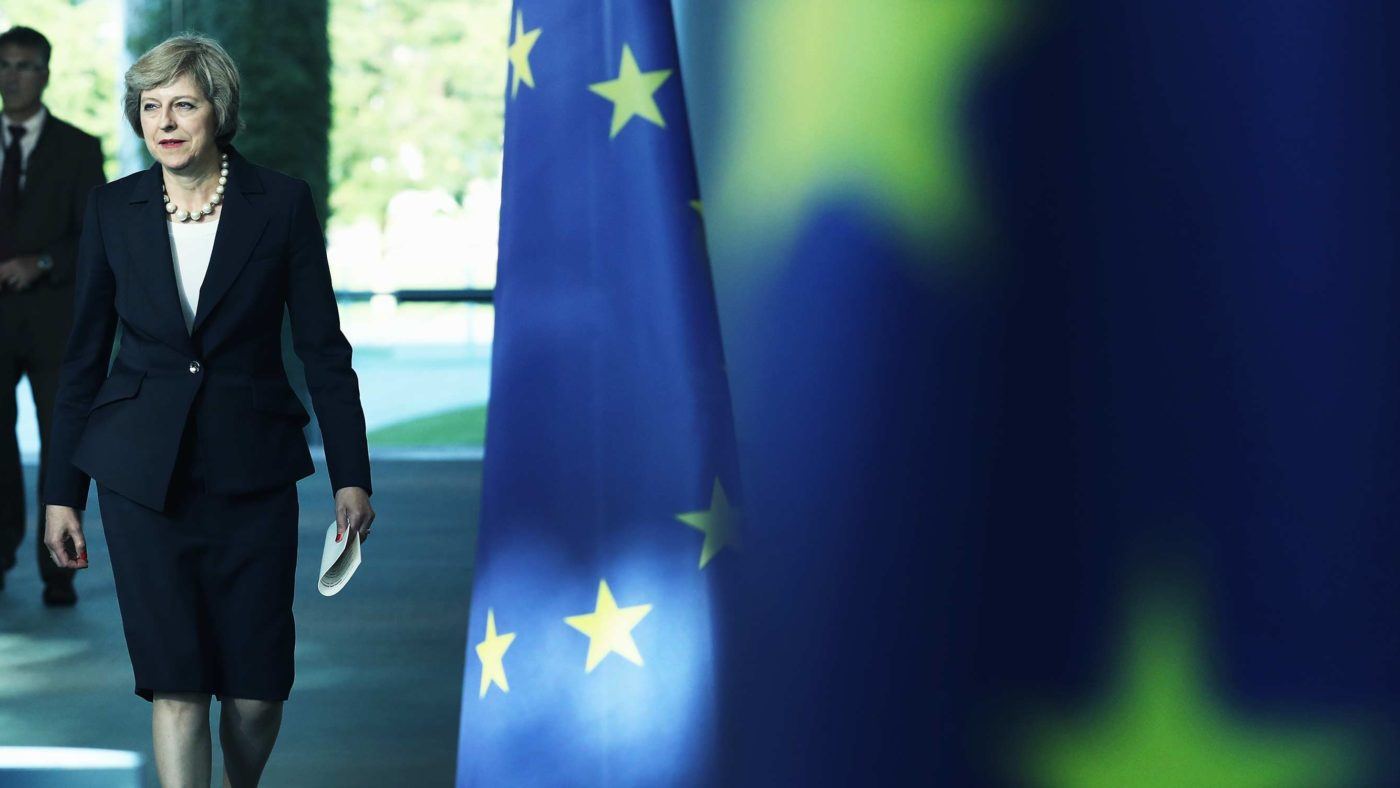Last week, the Institute for Government called on the Prime Minister to break her silence over her plans for Brexit. A few days later, at the Conservative Party Conference, Theresa May did exactly that.
Her announcements – to trigger Article 50 by March 2017 and introduce a bill to repeal the European Communities Act – should go some way to assuage the frustrations of those who were seeking an early exit. They should also provide vital clarity for those with whom the UK has to negotiate or do business.
But while it is welcome that Theresa May has started to fill in the blanks regarding Brexit, she has set herself an ambitious timetable. The way in which she lays the groundwork in the next six months will determine the success of the subsequent negotiations.
Ultimately, of course, the public cares about the outcome of Brexit, not the process. But achieving the best possible outcome depends on aspects of the process about which we still remain in the dark. Shedding light on these three areas would remove the confusion and uncertainty which currently cloud the issue and inspire confidence instead.
- Who will be consulted beyond Whitehall?
We know that planning for Brexit could cost £65 million a year and entail the hiring of at least 500 new civil servants, and that’s just in the two new Whitehall departments. But we don’t yet know what impact our withdrawal will have on different sectors of the economy or parts of the country. The UK’s negotiating position will depend on understanding those impacts. But it is as yet unclear how the Government will consult the devolved nations, or heavily affected sectors such as agriculture and finance.
What looks from the outside like an ad-hoc approach to engagement, risks confusion, duplication and some constituencies falling through the gaps. To avoid it, the Government should indicate how and when these different sectors can expect to be consulted.
2. What role will Parliament play in the negotiations?
In her speech to conference on Sunday, Theresa May again rejected any role for Parliament in the triggering of Article 50, and reiterated that she would not “give a running commentary” as the negotiations progressed.
Of course, some sensitive aspects of the discussions will need to remain private. But the PM’s determination to make Brexit a task to be delivered solely by the UK Government – without interference from the Commons or the Lords – seems curiously at odds with the Brexit campaign’s emphasis on the return of sovereignty to our Parliament.
This doesn’t bode well for those hoping to establish a constructive role for Parliament in the negotiations. Many will be disappointed to hear the Prime Minister once again downplay the constitutional role of Parliament. Why is she implicitly rejecting the value that parliamentarians might add to the process?
3. How will decisions be taken in Cabinet?
Valuable time and energy has already been wasted on the political squabbles and turf wars generated by the Prime Minister’s decision to split the task of delivering Brexit between three government departments.
However, at Conference in Birmingham we have finally heard the three Brexit ministers, Liam Fox, David Davis and Boris Johnson, talk about their vision without having their statements immediately shot down by Number 10. While this is, indeed, welcome, detail about the actual negotiating position the UK is striving for remains sparse. Inevitably, this prompts unhelpful, continuing speculation.
So the Prime Minister needs to tell us how she envisions the Cabinet working together to reach the UK’s negotiating position. It is not only the Brexit ministers who will have a view, every member of the Cabinet will be weighing up the Brexit they would like to see against the Brexit they think can be agreed.
Ministers will be faced with a series of difficult decisions to be made over the shape of Brexit – now with a firm deadline attached. Questions about how and when they go about making their choices are too important to be left to the interdepartmental wrangling and horse-trading often characteristic of Whitehall. In order to ensure the smoothest process and best possible outcome, the Prime Minister needs to clarify how she intends her Government to go about making decisions on Brexit, and soon. She needs to fill in these gaps in information and show the world outside Government how and why the decision on the UK’s negotiations with the EU have been reached.


